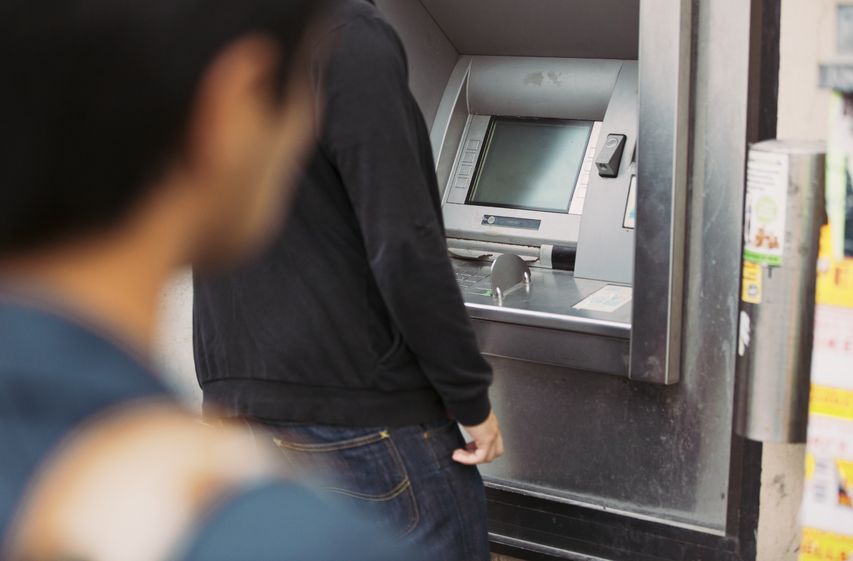Almost 50% of Malaysian consumers distrust of online payment security
By Digital News Asia November 7, 2018
- Financial Institutions need to balance innovation and customer expectations to increase trust
- 70% of Malaysian indicated that they trust online interbank transfers, ATMs or cash

ACCORDING to VMware, Inc, the new VMware Banking Consumer 2020 Study reveals that almost half (46%) of Malaysia consumers are dubious about the security of e-wallets and payment applications.
The numbers rise for connected devices, with 53% doubting the security of smart devices with payment capabilities.
The study also found that Malaysia consumers prefer traditional payment methods, with the majority (70%) indicating that they trust online interbank transfers, ATMs or cash. In contrast, consumers in Indonesia, the Philippines and Thailand are more open towards connected things and devices as new methods of payment.
Despite the sceptical outlook on newer payment modes such as apps and connected devices, Malaysia consumers have poor cyber hygiene habits, according to the study.
While 82% of Malaysia consumers surveyed store their bank account details on at least one to six applications, only a quarter (25%) practice good cyber-security by using different passwords for all their accounts, which puts them, banks and financial institutions at greater risk of financial fraud and losses.
“Malaysia’s cashless adoption rate is ramping up, with e-payment transactions per capita doubling to 111 transactions per capita in 2017 and forecast to reach 200 transactions per capita in 2020, according to Bank Negara.
 “In this context, banks and FSIs have a pressing need to boost their defenses in the face of consumer distrust towards newer payment methods and lax consumer cyber-security practices,” said Sanjay K Deshmukh (pic, right), vice president and managing director, Southeast Asia and Korea, VMware.
“In this context, banks and FSIs have a pressing need to boost their defenses in the face of consumer distrust towards newer payment methods and lax consumer cyber-security practices,” said Sanjay K Deshmukh (pic, right), vice president and managing director, Southeast Asia and Korea, VMware.
“To guard against risks in this new payment reality, banks and FSIs need a new network infrastructure to protect their apps, data and users across multiple cloud environments.”
In order to further secure online payment platforms, banks and FSIs continue to innovate to meet the shifting demands of mobile-first consumers. Forward-thinking banks are already gaining traction with the introduction of biometric payment with at close to three quarters of consumers in Malaysia (71%) placing high trust in the technology, alongside cash payment.
Malaysia consumers also indicated areas of improvement for banks to do better in, rating the following attributes lower than the regional average:
- Transparency in policies and understandable terms and conditions;
- Ease at processes and logins to make transfers, get info or register for service;
- Data privacy security and ethical use of personal data;
- Speed in answering queries or resolving issues;
- Availability of customer service channels.
To help banks and FSIs strike a balance between innovation and scalability, VMware announced new advancements to help customers implement a more secure, end-to-end software-based network architecture, a Virtual Cloud Network, that enables pervasive connectivity and intrinsic security for hyper-distributed apps and data, regardless of cloud environment.
Banks and FSIs that put agility, innovation and security at the core of their business stand to benefit from a Virtual Cloud Network by unlocking value from current networking technologies, significantly reducing network complexity, and redefining network security.
“Banks and FSIs face increased scrutiny over how personal data is handled, and an unyielding demand for fast response to consumers. Finding the right balance between staying attuned to consumers’ needs in compliance and security, while future-proofing their digital foundation with innovation, can be tricky but critical, especially when we are turning to technologies of the future.
“A virtual cloud network architecture that harnesses the power of networking technologies empowers banks and FSIs to respond faster to new opportunities and threats, create new business models, and deliver services to all applications and data, wherever they are located,” Deshmukh explained.
Related Stories :


